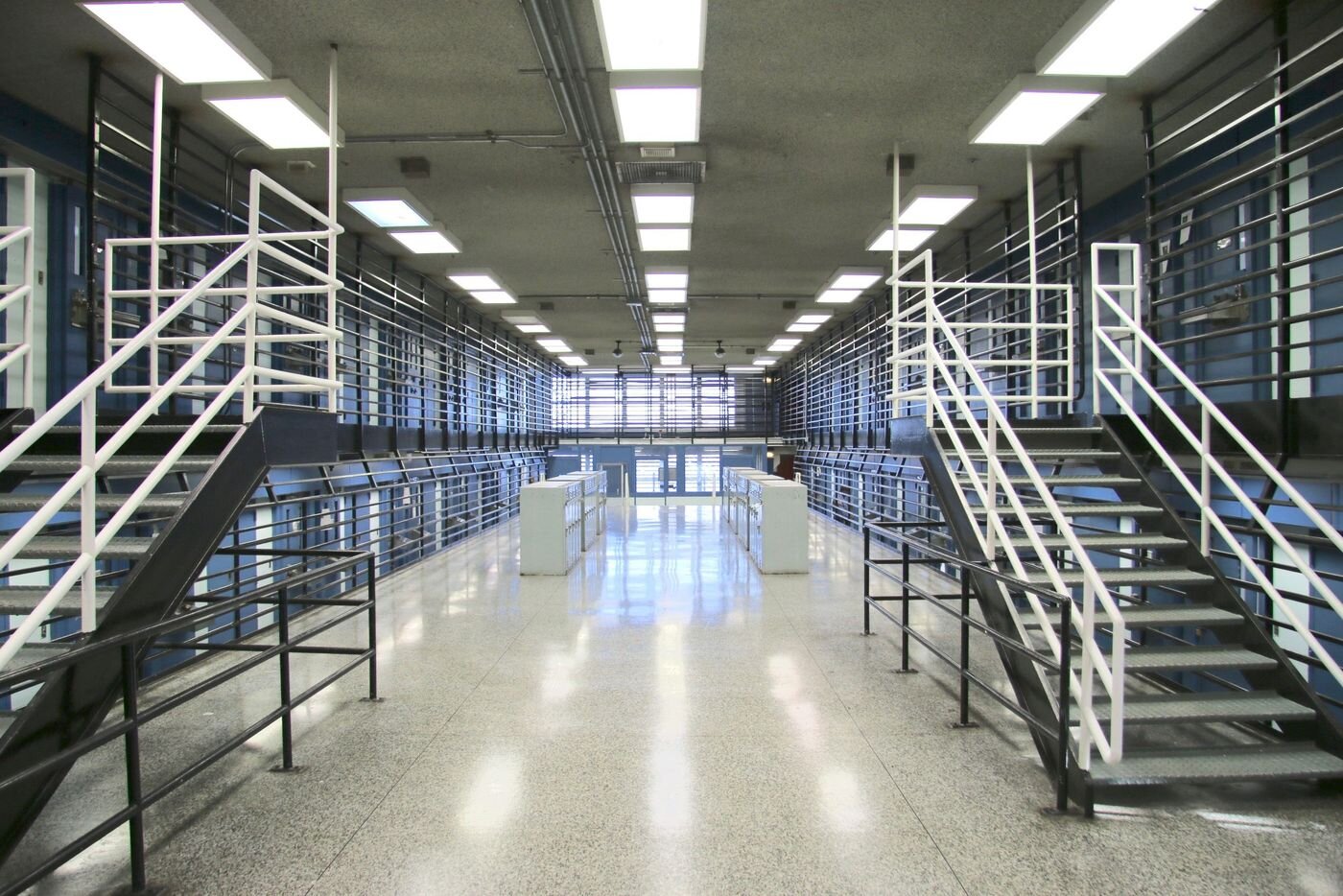Solitary confinement rule change would address ethical dilemma for jail healthcare staff
/A “punitive segregation” unit on Rikers Island. Photo via the DOC
By David Brand
The city jails oversight board voted Thursday to propose new rules that would change who is fit to be locked in solitary confinement, while attempting to alleviate an ethical dilemma for healthcare staff who treat detainees. Activists say it’s not enough to address the lasting health consequences associated with restrictive housing.
The Board of Correction, which sets minimum standards for New York City jails, has proposed creating a list of detainees who are immediately exempted from solitary during their intake screening based on various mental health diagnoses, medical conditions and developmental disabilities. The Board also proposed creating a specific list of medical problems that would prevent someone from being locked in solitary — what the city calls “punitive segregation,” or PSEG.
The rules would end the current process for sentencing someone to solitary confinement, which requires healthcare professionals from the city’s Correctional Health Services to sign off on whether someone is mentally and medically fit to be locked in a solitary cell after they commit an infraction.
In effect, the current procedure forces CHS staff to serve as the final arbiter for determining who is placed in solitary confinement — a quandary for healthcare professionals.
That process “creates an ethical conflict for health staff” and raises the issue of “dual loyalty” to security personnel and the medical profession, the Board wrote in its rule change proposal. CHS staff are asked to “approve a practice … with no known health benefits,” the Board added. “CHS argues that such a process may subject health staff to undue pressure from DOC.”
The process also fosters mistrust of healthcare providers inside and outside the jail walls “and creates an ethical conflict for health staff,” the Board continued.
Under the new proposal CHS staff would determine whether a detainee has a mental health or medical condition that excludes them from solitary confinement during the intake screening process. Corrections staff would then check the list before placing a detainee into solitary confinement or restrictive housing. CHS can update the list during someone’s time in jail.
According to CHS, health care professionals should not determine or predict the health risks of solitary confinement because it is a security measure with no health benefits. CHS said the agency’s role should be limited to determining whether someone has a health condition that would exclude them from solitary confinement.
To some extent, the new proposal alleviates the burden on CHS staff, but, said former CHS Director Dr. Homer Venters, “it’s exceedingly difficult to develop a system of solitary confinement that doesn’t place health professionals in unethical position.”
“It actually corrodes trust in health staff all throughout the system, and when patients go home from jail or prison it damages those relationships forever,” added Venters, who has called for the elimination of solitary confinement.
The Board has also proposed developing a clear list of medical conditions that would exempt someone from solitary confinement. The proposed conditions include common health problems like asthma and diabetes, as well as heart disease, lung disease, liver disease, kidney disease, organ transplants, treatment with anticoagulants and involuntary hospitalizations.
“Seizures” are also included on the proposed list of medical conditions. In June, Layleen Polanco, a transgender woman charged with prostitution and drug possession, died in her solitary confinement cell after having a seizure. Polanco had a known history of epilepsy, but was not excluded from solitary confinement.
Kelsey DeAvila, an attorney with Brooklyn Defender Services who attended the Board vote, questioned the practical implementation of the proposed rules and called on the city to eliminate solitary confinement once and for all.
“I’m concerned that the rules will create loopholes,” she said. “I’m always skeptical when the Department of Correction has the final say and I’d like to hear more from Correctional Health about why we need to eliminate solitary.”
For its part, the Corrections Officers’ Benevolent Association opposes the limits on solitary confinement.
“COBA’s position has always been that violent offender who create violent conditions in jails belong in punitive segregation because they are a threat,” said COBA spokesperson Michael Skelly. “Not having any consequences essentially increases violent behavior.”




